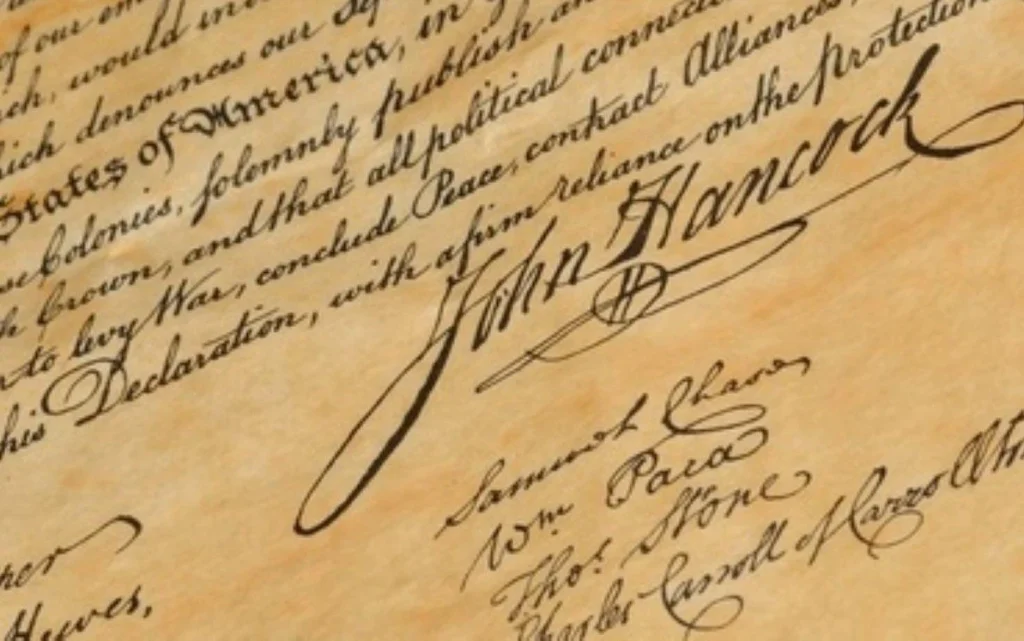Dec 05
X Marks the Spot

Early in school, you begin signing your name. How you write your name is part of your identity just like your fingerprints. Whether you sign your full first, middle and last name, your initials, “Mom,” or even “X”, it is part of what identifies you.
Does it matter how I sign?
For estate planning documents, if you sign your first and last name on one page and then you add your middle name to the next page, does that make it invalid? No, because all of the documents are signed in the presence of a notary. We recommend signing the same way on all documents so there is no reason for anyone to contest your signature. The validity of a signature on a holographic will is a recurring issue raised in court. If a will is in someone’s handwriting and signed “Dad” or Mom,” does that make it invalid? Not necessarily. Parents write cards to children for years signing as “Mom” or “Dad” and can be proven by using such cards to verify a signature.
Can someone sign for you?
If you have signed your Durable Power of Attorney (for finances) and Medical Power of Attorney, your agent is able to sign your certain documents for you, such as deeds, checks, Directive to Physicians, HIPAA Release, and certain other financial and medical documents. Your agent is even able to sign your Last Will and Testament if you are present and the notary and two witnesses have heard you direct your agent to do so. While this scenario isn’t common, it is sometimes necessary based on the ability of the person signing.
Does it matter where I sign?
Typically, in a holographic will, the signature is found at the very bottom. In some cases, if there was anything written below the signature, the jurisdiction considered it invalid. If you choose to handwrite a will, make sure you include what you want to say above your signature and leave out the P.S. notes. A typed will requires you to sign in two different places along with being witnessed by two disinterested individuals and a notary. Some wills require you to initial each page. Some wills only require you to sign once along with the two disinterested witnesses and the notary. All of these examples are considered valid wills. If any of these examples are not signed by you, they are invalid.
Does it have to be on paper?
There was a case where a person wrote his will in the side of a tractor. Another individual who was blind wrote her will using a pen that ran out of ink; however the indentations were still her handwriting. Another resourceful individual wrote her will on pages from a While You Were Out notepad. Some other interesting items used for handwritten wills were a bank envelope, the back of a business card, a grocery list, and a plank of wood. All of these were proved to be valid handwritten wills as they were signed by the individual. With that being said – we prefer the traditional method of printed on paper.